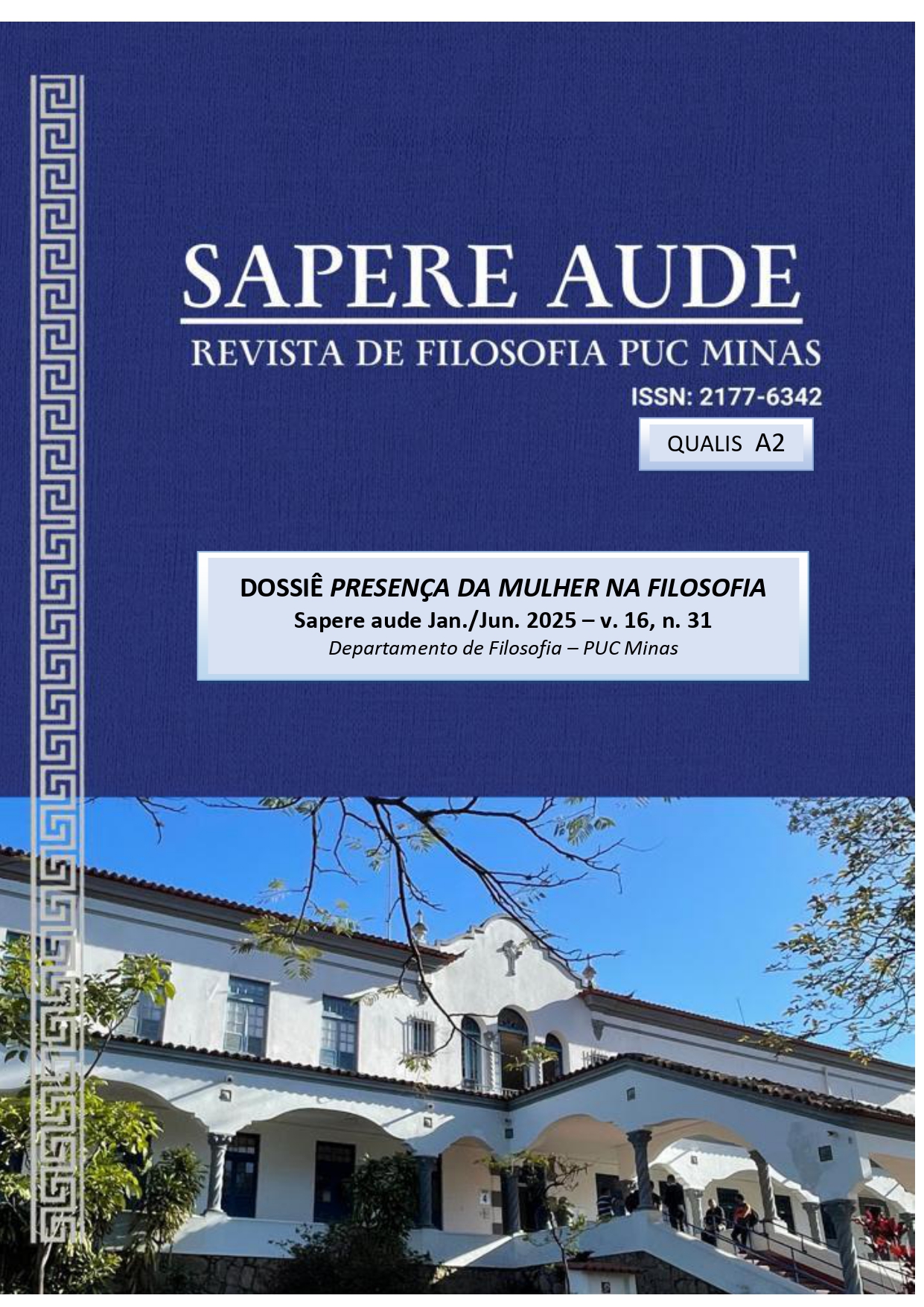ENTRE A LIBERDADE E O MAL
As Concepções de Immanuel Kant e Paul Ricoeur sobre a Natureza Inerentemente Maligna
DOI:
https://doi.org/10.5752/P.2177-6342.2025v16n31p321-331Keywords:
fenomenologia, mal, livre arbítrio, liberdade, hermenêuticaAbstract
Este artigo examina as interpretações de Immanuel Kant e Paul Ricoeur sobre o mal, dando atenção à forma como ambos associam esse conceito com a liberdade humana e os fundamentos do livre arbítrio. O filósofo alemão postula que o mal é uma propensão inata com a própria razão racional, e essa perspectiva altera o entendimento tradicional do mal como uma corrupção externa. Em contraste, Ricoeur amplia essa visão por meio de sua hermenêutica, fenomenologia e análise simbólica, explorando como o mal está presente na linguagem e na cultura e como influencia a experiência humana como resultado. Dessa forma, ambos desestabilizam as concepções tradicionais de moralidade, culpa e redenção, sugerindo que o pensamento do mal é um aspecto intrínseco da experiência humana.
Downloads
References
RICOEUR, Paul, Finitude et culpabilité. Paris: Presses Universitaires de France, 1982
RICOEUR, Paul, La symbolique du mal. Paris: Aubier, 1960
RICOEUR, Paul, Soi-même comme un autre. Paris: Seuil, 1990
RICOEUR, Paul, Penser la Bible, com André LaCocque. Paris: Seuil, 1998
RICOEUR, Paul, La mémoire, l´histoire, l´oubli. Paris: Seuil, 2000
RICOEUR, Paul, Vivant jusqu´à la mort, suivi de Fragments. Paris: Seuil, 2007
RICOEUR, Paul, Le conflit des interprétations. Paris: Seuil, 1969
RICOEUR, Paul, Réflexion faite: Autobiographie intellectuelle. Paris: Esprit, 1995
KANT, Immanuel, Kritik der reinen Vernunft. Stuttgart: Reclam, 2001
KANT, Immanuel, Kritik der praktischen Vernunft. Stuttgart: Reclam, 2016
KANT, Immanuel, Grundlegung zur Metaphysik der Sitten, Stuttgart: Reclam, 2007
Downloads
Published
How to Cite
Issue
Section
License
DECLARATION TERM:
I submit the presented work, an original text, for evaluation by the Sapere Aude journal of Philosophy and agree that its copyright will become the exclusive property of PUC Minas Publisher, prohibiting any reproduction, total or partial, in any other part or electronic/printed divulgation means before the necessary previous authorization is solicited and obtained from the Publisher. I also declare that there is no interest conflict between the aborded theme and the author, entrerprise, institution or individuals. I am not sure about this sentence and why it should be there. Do you publish any research that is subsidized by companies or that involves quantitative or qualitative interviews with participants?






